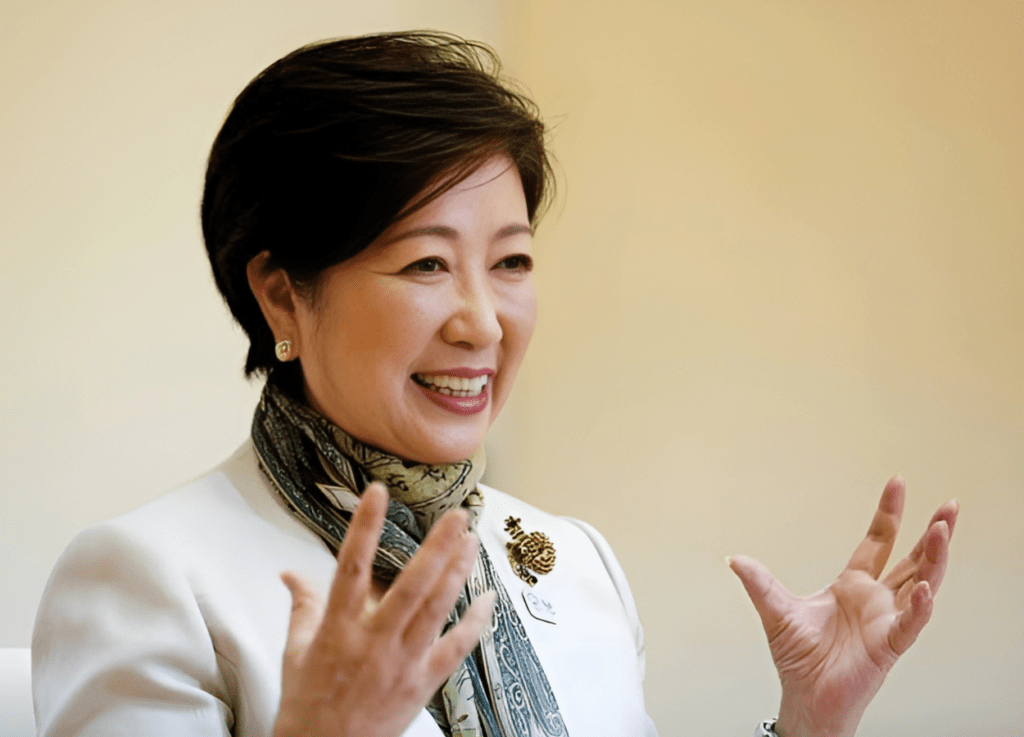The Tokyo Metropolitan Government will implement a four-day workweek for its 160,000 employees starting in April 2025. The initiative aims to improve work-life balance and address Japan’s record-low fertility rate by making it easier for women to balance careers with family responsibilities.
Governor Yuriko Koike emphasized the need for flexible work styles, stating, “We will continue to adapt policies so women do not have to sacrifice their careers for life events such as childbirth or child-rearing.”

In addition to the shorter workweek, the government will allow parents with young children to reduce their work hours by up to two hours per day, with a proportional salary adjustment. These measures are designed to ease the demands of child-rearing, particularly for working mothers.
Japan’s fertility rate fell to 1.2 in 2023, well below the global replacement rate of 2.1. The country recorded just 758,631 births last year, continuing an eight-year decline. Factors such as high living costs, a significant gender wage gap, and expensive childcare have contributed to this trend.
Tokyo’s measures are part of broader national efforts to address the issue, which include childcare subsidies, promoting egg freezing, and a government-sponsored dating app to encourage marriage. Despite these initiatives, challenges remain in reversing the demographic decline.
